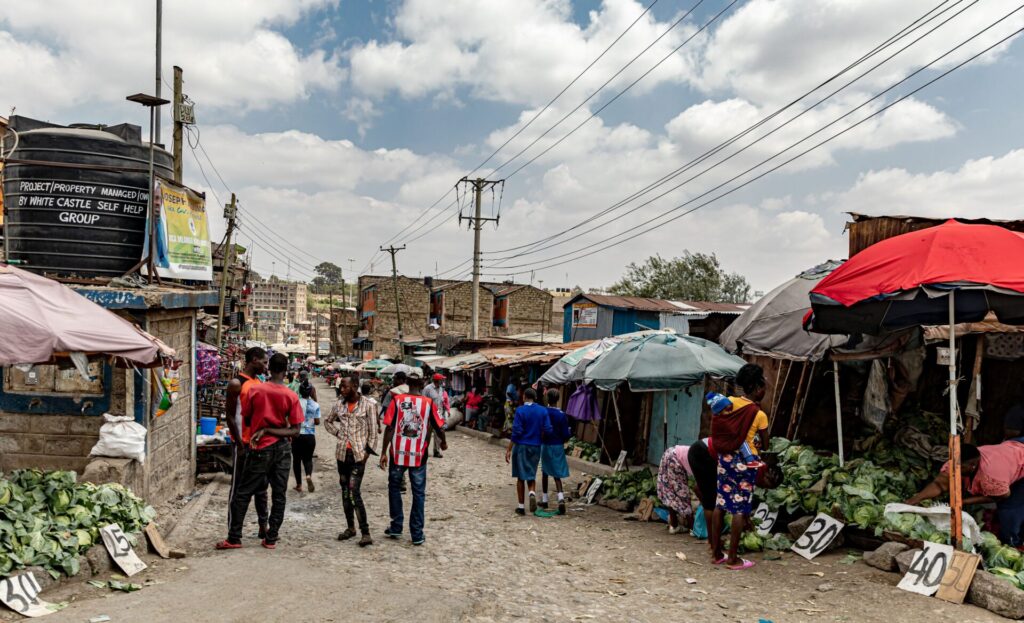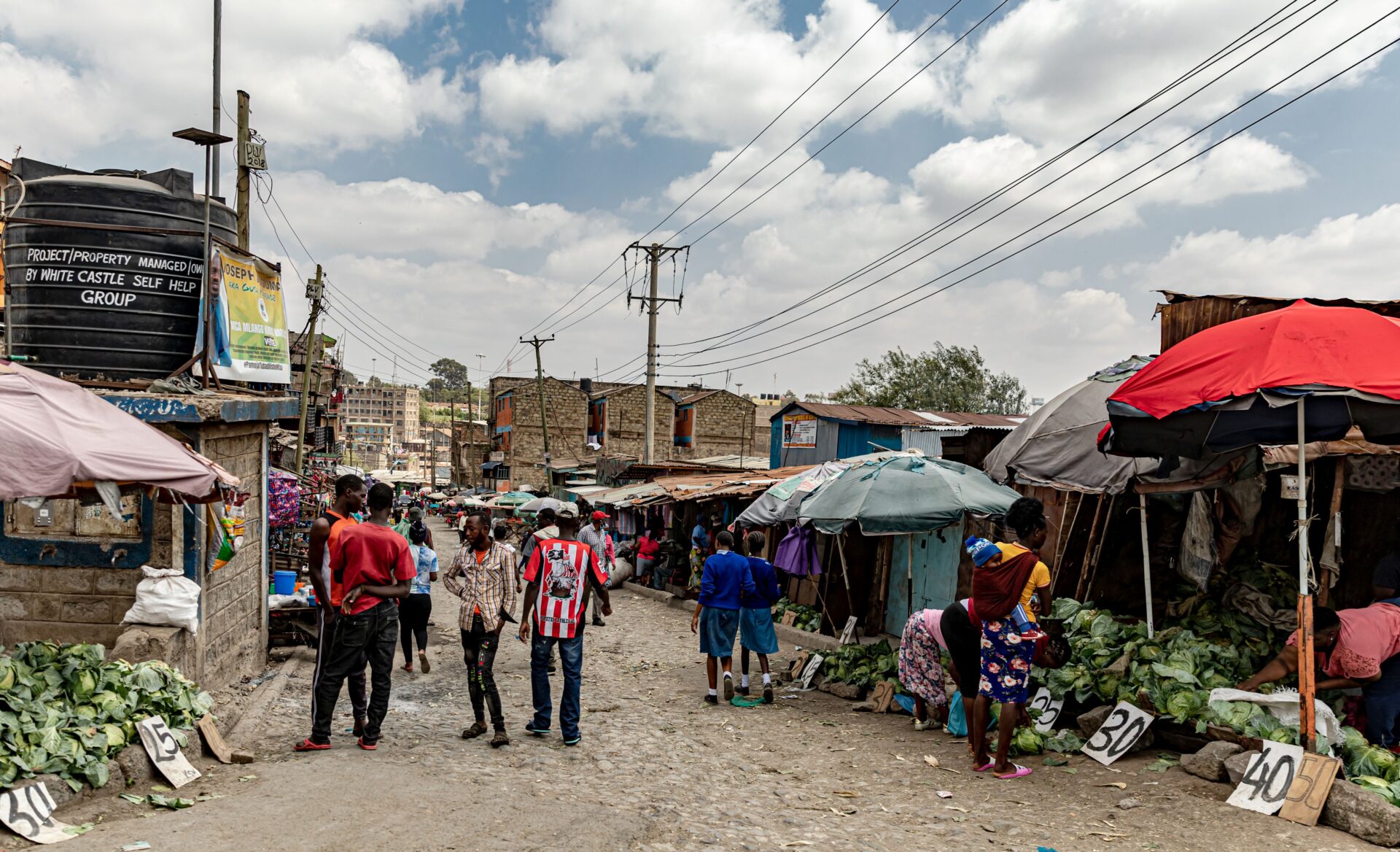Climate adaptation proves powerful engine of economic growth, CLARE evidence shows
/
New evidence from the CLARE programme shows that climate adaptation is delivering economic gains across Africa and Asia. The findings position resilience not as a cost but as a driver of productivity, investment and long-term development.
This evidence brief on adaptation as an enabler of development and growth, shows that adaptation measures yield economic dividends beyond avoided losses from floods, droughts and heatwaves.
Across sectors, CLARE projects show adaptation can increase productivity, stimulate new investment, strengthen labour markets and reduce fiscal pressure on governments.

Among the most striking findings released by CLARE:
- Informal economies—critical to African growth—see higher productivity and reduced climate risks when nature-based solutions are tailored to how these economies actually function. In Kenya, where the informal sector employs five times more workers than the formal economy, CLARE’s Tuwe Pamoja project shows that community-led greening and waste management initiatives boost incomes and livelihoods.
- Migration is emerging as an economic accelerator, with CLARE research in South Asia from the SUCCESS and CLAPS projects showing that remittances are driving investments in education and human capital—key foundations for national prosperity.
- National planning and public finance are being reshaped by CLARE evidence. In Rwanda, the ECONOGENESIS project has informed the integration of climate-risk analysis into national budgeting, including green taxonomies, climate budget tagging and blended finance facilities. These steps are already mobilising new investment and reducing the future fiscal burden of climate shocks.
- Pastoralist economies—vital to GDP and cultural systems across the Horn of Africa—are securing productivity gains in projects PASSAGE and PALM-TREES through anticipatory action that blends traditional knowledge with scientific forecasting, further preventing losses on the scale of the 2022 drought that killed 3.6 million livestock.
- Fisheries in the Coral Triangle—worth billions annually—are strengthening long-term economic security as the ClimateREEFS project identifies “adaptive reefs” that can anchor conservation strategies. By guiding where governments and communities invest in resilience, these findings sustain fisheries essential to local economies and national food security.

Research and action for policy and investment decisions
CLARE aims to ensure that the best available climate science is embedded in real-world decision-making, bridging a persistent gap between research and action. This includes co-designing solutions with local communities, supporting governments to integrate climate risks into development planning, and enabling businesses and markets to respond to a changing climate.
With an emphasis on Southern leadership, equitable approaches and considering gender equality and inclusion, CLARE enables adaptation investments to benefit the people most exposed to climate change.
Categories
Countries
CLARE Pillars
CLARE Themes
CLARE Topics
Published
CLARE Projects
CLARE Partners


